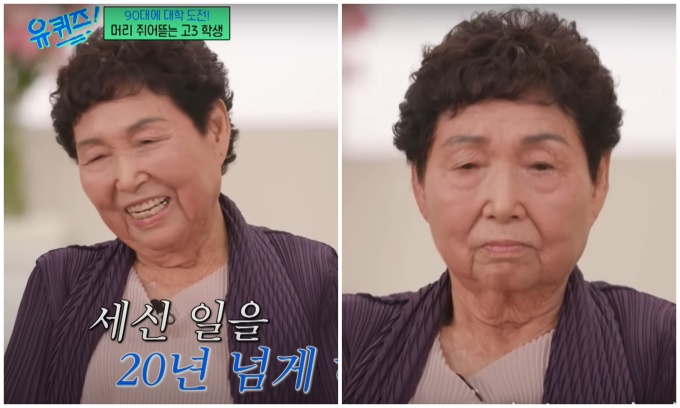A team of Vietnamese students got to the finals of the LSI Design Contest thanks to an AI chip solution to detect anomalies on objects.

The Vietnam National University (VNU) in Hanoi on Friday said its SISLAB Junior team has reached the final round of the LSI Design Contest, an international contest on designing integrated circuits which attracts over 100 participating teams each year.
The Vietnamese group consists of Nguyen Tung Bach and Ho Thien Duy, fourth year students at the VNU University of Technology and Engineering; and Tran Tuan Phong from Phenikaa University.
This year, the contest focuses on designing a variational autoencoder on limited hardware. The duration for the contest is three months.
SISLAB Junior chose to design a variational autoencoder that detects anomalies on the surface of objects, and for the contest specifically, the surface of a chestnut.
Professor Tran Xuan Tu, the team’s instructor, said one of the group’s goals was to optimize efficiency and resource use on limited hardware. The breakthrough was the reduction of variables in the AI model, making it 10 times smaller than the original version. They then utilized fixed-point computation to increase speed and efficiency.
“The solution on AI chips would help save energy expense by hundreds to thousands of times,” the group said, adding that the technology can help train AI chips in image processing and detecting anomalies on the surface of products and food.
The fact that a Vietnamese team was able to enter the finals of the contest has proved that Vietnamese students ca compete against those from ither countries when it comes to integrated circuit design, Tu said.
SISLAB Junior, along with 10 other teams, will be present at the finals to showcase their reports in Okinawa, Japan on March 7.





